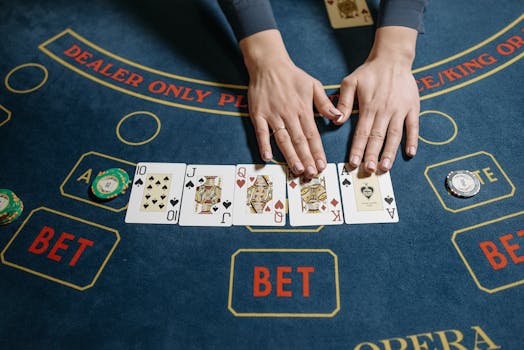Probability Theory: A Gambler's Best Friend or Worst Enemy?
Probability theory is a branch of mathematics that delves into the analysis of random events and quantifies the likelihood of various outcomes. This discipline is particularly crucial for gamblers, as it helps them to understand and manage the risks associated with gambling activities. Whether probability theory acts as a gambler's best friend or worst enemy largely depends on its application. This article discusses the main approaches to probability in gambling, compares their pros and cons, and provides practical examples to illustrate these concepts.
Understanding Probability in Gambling
At its core, gambling involves risk and uncertainty. Probability theory provides gamblers with a mathematical framework to assess the likelihood of different gambling outcomes. By grasping the concepts of probability, gamblers can make more informed decisions, potentially enhancing their chances of winning.
Main Approaches to Using Probability in Gambling
- Classical Probability
- Advantages: This approach is simple and straightforward, using equally likely outcomes to calculate probabilities. For example, the probability of rolling a specific number on a fair six-sided die is always one-sixth.
- Disadvantages: It is only applicable when outcomes are well-defined and equally probable, which is often not the case in more complex gambling scenarios.
- Conditional Probability
- Advantages: This technique accounts for the occurrence of a previous event, making it more suitable for strategies like card counting in blackjack.
- Disadvantages: It requires more complex calculations and a thorough understanding of prior events, which may not always be feasible.
- Bayesian Probability
- Advantages: This method integrates personal beliefs or existing knowledge into probability calculations, offering a more adaptable approach to gambling scenarios.
- Disadvantages: Its subjective nature can introduce biases if not properly managed.
Comparing the Pros and Cons
Each approach to probability offers unique benefits and challenges. Classical probability is most effective in games with clear, defined rules and outcomes, such as roulette or craps. Conditional probability is valuable in games where past events significantly affect future outcomes, such as in card games. Bayesian probability is particularly useful when gamblers can integrate personal insights or expert knowledge into their betting strategies.
Practical Examples
For instance, a poker player might use conditional probability to estimate the likelihood of opponents holding certain cards based on their past betting behaviors. Similarly, a sports bettor could use Bayesian probability to adjust their predictions based on a player's recent performance or prevailing weather conditions.
Conclusion: Harnessing Probability as a Tool
Probability theory can be both a powerful ally and a formidable foe in gambling. When used wisely, it allows gamblers to make informed decisions and potentially increase their winnings. However, misuse or inadequate understanding can lead to significant losses. Gamblers should endeavor to grasp the fundamental concepts of probability and consider its practical applications in their strategies.
For those interested in exploring probability theory and its applications in gambling further, reputable sources like academic publications, official statistics, and expert analyses can offer valuable insights. Remember, responsible gambling is crucial, and being aware of the risks involved is essential.
Call to Action
Whether you're a novice gambler aiming to understand the basics of probability or an experienced player looking to refine your strategies, embracing the mathematical principles of probability can significantly enhance your gambling experience. Study, practice, and always gamble responsibly!

.png)





